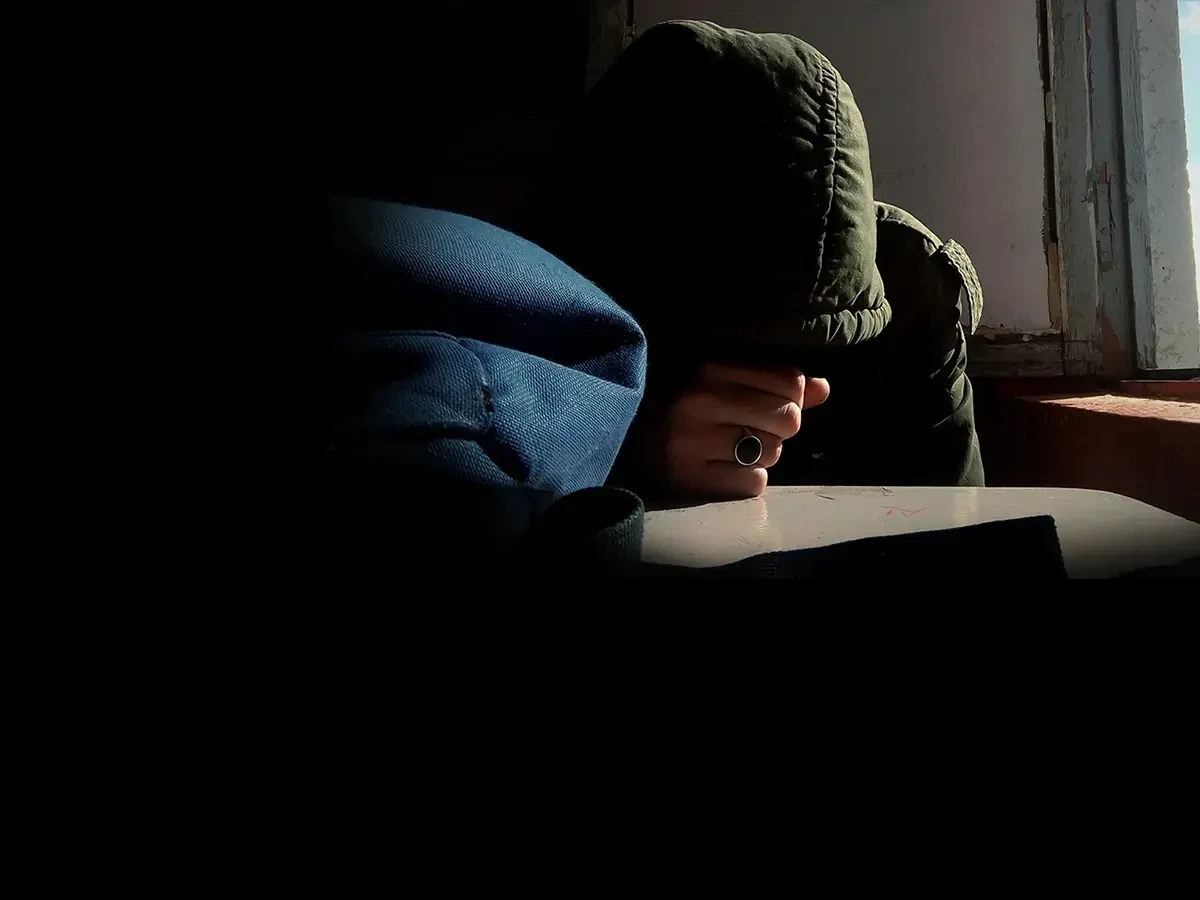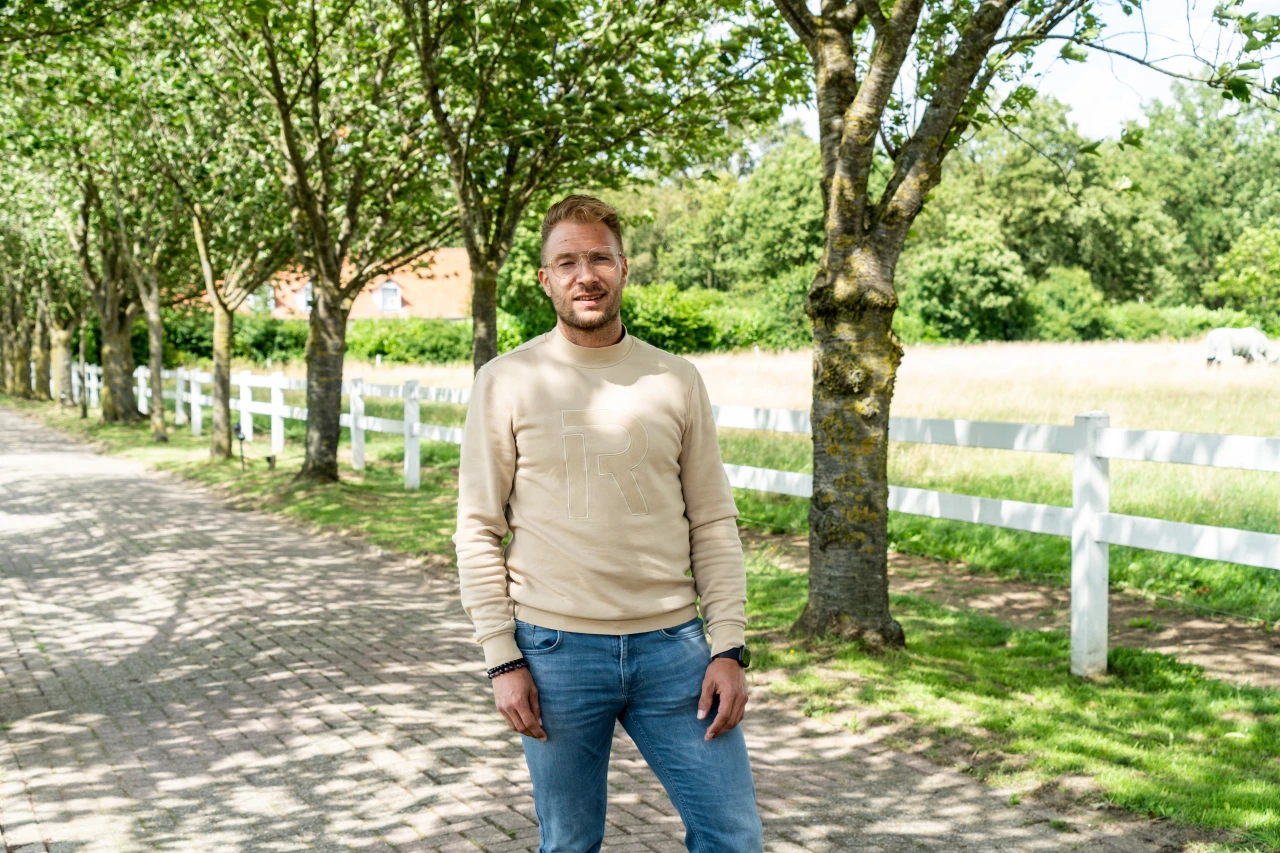A cocaine addiction can lead to a wide range of serious problems. It is often referred to as a chronic brain disease: if left untreated, it won’t solve itself and often worsens over time. Addiction turns your brain against you, doing everything it can to keep you using, which is why willpower alone is often not sufficient to come off cocaine in the long run. The sooner you seek help, the greater your chances of achieving full recovery. We are here for you, whether you’re having doubts, questions, or simply want to talk about your use.
Cocaine addiction

How addictive is coke?
Cocaine immediately boosts your energy and confidence and causes a euphoric high, but its effects are short-lived. After 30 to 60 minutes, you’re left with a comedown, making it tempting to use again. Over time, you will need larger amounts of coke to achieve the desired effects, which could lead to increasingly frequent and heavier use without you realising it.
What makes quitting especially challenging is that your brain becomes accustomed to the dopamine surges that cocaine triggers. When you stop, your body rebels: you feel unwell as withdrawal symptoms set in. Those symptoms disappear as soon as you use again, trapping you in a vicious cycle. Breaking free from this cycle on your own can be incredibly difficult, even though cocaine use causes mounting problems.
Why choose Connection SGGZ addiction care?
- Our treatments are reimbursed by your health insurer
- Short waiting list
- Personalised and specialised treatment
- Working with recovery mentors
- Evidence-based treatment
- Custom aftercare programme
- Excellent family programme
- Rehab centres in the Netherlands and South Africa
Factors that determine whether you become addicted to cocaine
The extent to which cocaine is addictive depends on several factors: your genetic predisposition, the way you cope with setbacks, and the influence of your social environment, by which we mean, for example, whether cocaine use is normalised in your social circle. Please note that it has nothing to do with your social background or status, as addiction occurs across all strata of society. Additionally, you may – consciously or unconsciously – be dealing with underlying issues such as trauma, ADHD or a personality disorder. If those root causes aren’t addressed, they can continue to drive your urge to use.
Do you recognise this behaviour in yourself or a loved one? Ring us on line 040 303 5023 or fill out the form at the bottom of the page.
Recognising coke addiction
Many signs of addiction express a loss of control: you’re unable to stop, even though you desperately want to and know things can’t continue this way. When you use cocaine regularly over a prolonged period, the likelihood increases of becoming psychologically dependent. What starts as wanting to use often shifts to needing to use. Breaking this pattern can be incredibly challenging without professional support. Connection SGGZ is here to provide the help you need, whenever you’re ready. The following effects, symptoms and risks of cocaine addiction can help you identify misuse.
Do you need help?
Effects of cocaine use:
- euphoric feelings (which can escalate into delusions of grandeur)
- elevated, confident and energetic mood
- perceived state of quick thinking and alertness (which can turn into paranoia)
- talking excessively but listening poorly
- overconfident and selfish behaviour
- lack of appetite and feelings of fatigue
- dilated pupils
- increased heart rate and faster breathing
- higher blood pressure and constricted blood vessels
- elevated body temperature
- numbness in the nose and gums
- extreme fatigue and depressive feelings after use
- drinking excessive alcohol while appearing relatively sober
- frequent bathroom visits (for snorting or due to increased urination)
Symptoms of cocaine addiction:
- using more or more frequently than intended
- using for several consecutive days
- neglecting personal care and noticeable weight loss
- nasal issues, such as constant colds or a runny nose
- shifting usage patterns (e.g. during weekdays or at work)
- using alone
- continuing use despite problems with work, relationships or health
- repeated broken promises and failed attempts to quit
- lies and denial about use
- financial difficulties
- mood swings and disrupted sleep
- feelings of anxiety and panic
Risks of cocaine addiction:
- social isolation
- criminal prosecution
- job loss
- heart arrhythmias or heart attack
- severe damage to the nose, teeth, lungs, heart, and brain
- psychosis
- severe depression, anxiety, and panic disorders
- death
Our support for battling cocaine addiction
Professional support for problematic cocaine use can help you achieve lasting recovery by addressing the root cause of your addiction. At our rehab centre, we offer tailored treatments that also focus on underlying issues. You and your situation are always at the centre of our approach. Our team of professionals and peer experts knows exactly how to adapt our support to your personal needs. We’ll only step back when you’ve regained control of your life.
Take the first step today
Lasting recovery from cocaine use is absolutely possible – even for you. Don’t wait if you or a loved one is struggling with addiction. Are you ready to get help and quit cocaine? Ring Connection SGGZ today to schedule an addiction assessment. Take the first step now towards a life free of cocaine addiction.
